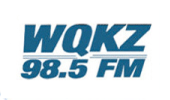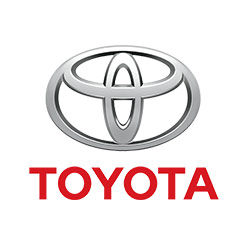 WITZ Banner ad 2020 2_18_2020.jpg
WITZ Banner ad 2020 2_18_2020.jpg
Hoosier Unions Want to Ensure Workers Are Safe When They Return to Duty
WITZ RADIO NEWS IS AN AFFILIATE OF NETWORK INDIANA
STATEWIDE -- Indiana businesses began emerging from lockdown Monday, with more coming up next week and Indiana's unions say they want to make sure workers are protected when they do.
Indiana State Building and Construction Trades Council executive director Pete Rimsans says the Holcomb administration has done a good job creating safety guidelines for different industries. But he says the state needs to go further and spell out the specifics of what businesses need to do to protect workers from coronavirus. He says the local barbershop or nail salon isn't likely to have an industrial hygienist on staff. And even large factories with experience in occupational safety regulations are more accustomed to preventing accidents than infections.
Coronavirus precautions have prompted some improvisation in Indiana workplaces which have stayed open through the shutdown. United Auto Workers and United Steelworkers locals in South Bend and Lake County say they've worked with management on safety protocols, but disinfectant and masks are still hard to come by, especially the N-95 masks being steered to medical workers.
United Steelworkers Local 1066 president Mark Lash says U-S Steel Gary Works had to make its own disinfecting wipes with bleach, water and paper towels after burning through its supplies.
South Bend Senator David Niezgodski (D) says companies which don't have enough face coverings for everyone shouldn't be allowed to reopen till they do. And Senate Minority Leader Tim Lanane (D-Anderson) says he's concerned the Indiana Occupational Safety and Health Administration doesn't have enough manpower to investigate hundreds of complaints tied to coronavirus precautions.
A state marketplace opened Wednesday to help companies get sanitizer and face shields, though not medical-grade masks. Niezgodski says a limit of 10-thousand supply bundles the first week is "woefully inadequate," even as a backstop for shortages on the open market.








